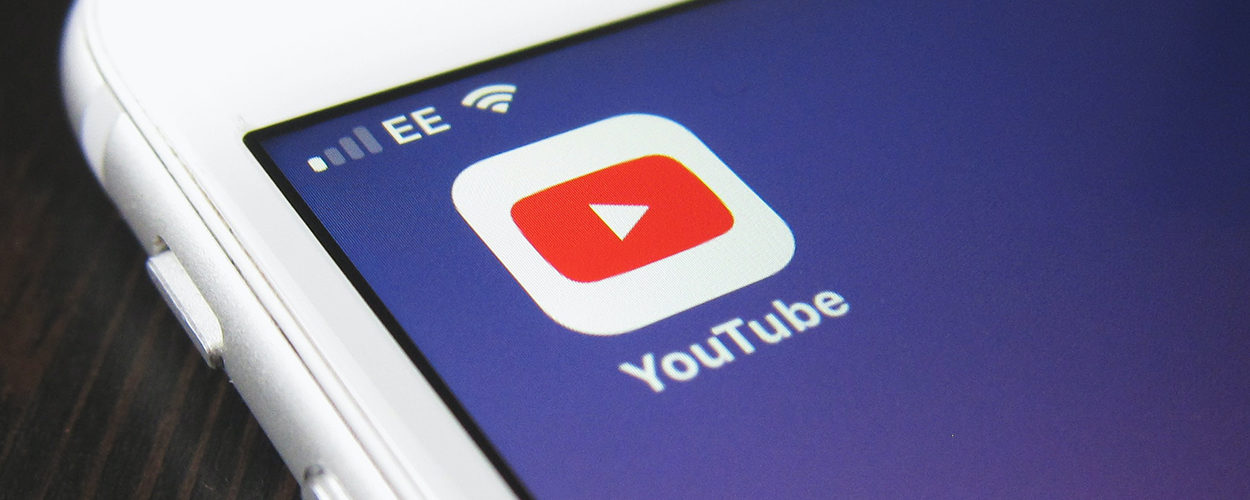This website uses cookies so that we can provide you with the best user experience possible. Cookie information is stored in your browser and performs functions such as recognising you when you return to our website and helping our team to understand which sections of the website you find most interesting and useful.
Artist News Business News Digital Labels & Publishers Legal
More back and forth in the Maria Schneider v YouTube Content ID case
By Chris Cooke | Published on Tuesday 3 August 2021

The back and forth continues between musician Maria Schneider and YouTube in the legal battle over who gets access to the latter’s Content ID rights management system.
Schneider claims that while Content ID may be a pretty decent rights management platform – allowing YouTube to comply with its obligations under US law to deal with copyright infringing content uploaded by its users – only the biggest rights-owners and distributors are granted access to the technology.
Independent creators like herself, Schneider then argues, are obliged to manually issue takedown requests if their content appears on the YouTube platform, and YouTube’s manual takedowns process is, she claims, pretty damn shoddy.
This whole case went on a quite a detour, of course, because of Schneider’s original co-plaintiff, a little know anti-piracy company called Pirate Monitor.
It was subsequently discovered that that was basically a front for film director Gábor Csupó, who had tried to secure access to Content ID by uploading his own content to YouTube channels and then reporting those uploads as copyright infringing.
The aim, seemingly, was to prove that Csupó’s content was being infringed at sufficient levels on YouTube that his company deserved access to the rights management tools.
Either way, those tactics damaged the credibility of Pirate Monitor as a plaintiff and so it bailed on the case. Schneider then ploughed on alone, although – as Torrentfreak notes – last month she asked to bring two new plaintiffs into the litigation, as well as extending the list of her works that have allegedly been distributed on YouTube without licence.
Those proposed changes, YouTube then countered, are just dragging out a case that has already dragged on too long, not least because of the Pirate Monitor detour.
“A year into this case, and nearly three months after the parties’ agreed-upon deadline for amending the pleadings, the remaining plaintiff, Maria Schneider, seeks leave to revamp the copyright infringement complaint that she and her former co-plaintiff, Pirate Monitor Ltd, filed against YouTube on behalf of a putative class of copyright holders”, YouTube stated in a legal filing last month.
“The proposed amendments, most notably to add two new parties as putative class representatives, come only after discovery confirmed glaring deficiencies in Schneider’s claims, and after Pirate Monitor dismissed its claims with prejudice under a cloud of fraudulent behaviour. The request for leave [to amend] continues Schneider’s shifting sands approach to the litigation”.
In a subsequent response to the response, Schneider’s lawyers argued that “delay alone” is not a reason to refuse their client’s request to amend her litigation. They then also blamed YouTube for a bunch of the delays.
The most recent back and forth between Schneider and YouTube also revisited some of the previous debates in this case, in particular YouTube’s demand for Schneider to identify the specific videos that used her music without permission. Schneider has countered that demand by arguing that identifying specific infringements is tricky without access to Content ID, and – of course – the fact she’s not allowed access to Content ID is the entire point of this litigation.
YouTube has also repeatedly claimed that Schneider does, in fact, have access to Content ID via her music industry business partners, who have actually licensed her music to the user-upload site.
On that point, the musician’s most recent filing stated: “Defendants appear to refer to a licensing agreement with Schneider’s publisher … but Schneider’s agreement with her publisher did not grant the publisher control over her works and did not provide her publisher the right to license those works without her written consent, which was never given, which means YouTube’s licensing agreement does not extend to Schneider’s works”.
And anyway, not all her music is covered by her agreement with that publisher. “Even if some of her works were inappropriately part of Content ID for some period of time, not all works were”, they added.
And so it all continues. It remains to be seen if the court will allow the new plaintiffs and additional songs to be added to the case.





